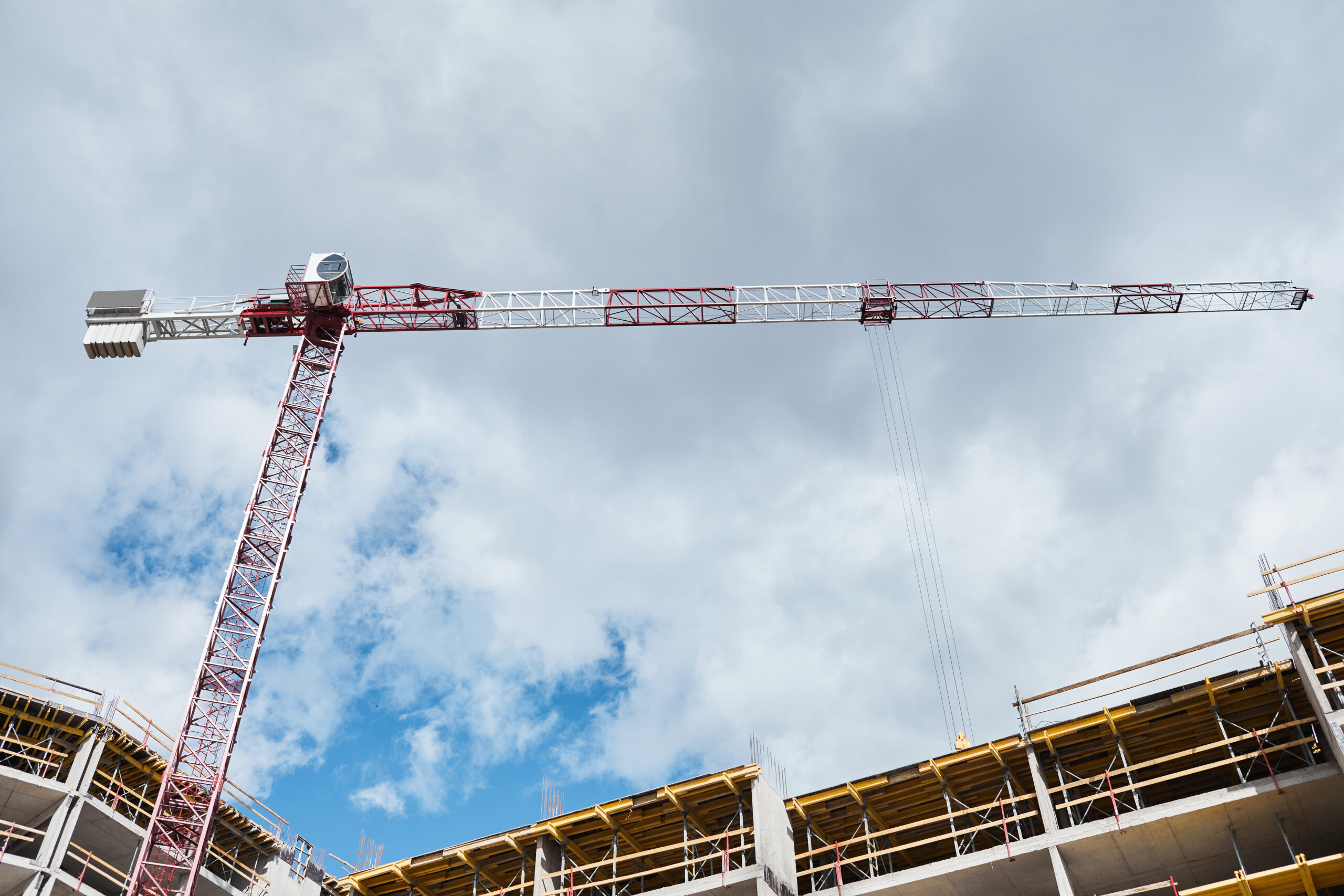Turnover and employment continued to increase in the construction sector during Quarter 2 of this year. This trend is expected to continue, according to the Construction Outlook Survey released by the Construction Industry Federation.
One third of companies surveyed reported a year-on-year increase in turnover during Quarter 2 2024.
A total of 30 per cent of companies reported a year-on-year increase in the total number of people they employed in the same period, with 26 per cent expecting to employ more staff in the coming months.
A total of 28 per cent of companies reported an increase in revenue from new orders.
This was reported across general contracting and home building, with a decrease in new order revenue across civil engineering and specialist contracting.
In terms of exports, commercial office development, housing, healthcare facilities and data centres are the most exported construction services amongst exporting companies.
Hubert Fitzpatrick, CIF Director General, said: “Unprecedented demographic growth and an ageing population will mean that Ireland’s demand for investment in critical infrastructure will reach beyond the existing capital ceilings, especially in water services, housing and transport.
“The Construction Industry Federation is calling for an expansionary Budget in 2025 to support Government’s competing policy choices in the year ahead, in the context of Europe’s twin green and digital transitions and growing geopolitical and economic instability.
“Hyperinflation in many building and construction materials in recent years, as well as fuel, has put a strain on the cost of delivering some of the infrastructure projects in the National Development Plan, as capital budgets are pre-determined.
The Construction Outlook Survey results have been tracking this for some time.
“Though easing, the duration of inflation and rising prices remains somewhat uncertain. Slow economic growth and
diverging levels of inflation across European Member States is now a reality.
All sectors expect an uplift in Quarter 3, except for civil engineering.
The cost of labour and raw materials continues to put upward pressure on pricing across all sub sectors, with 67 per cent of survey respondents experiencing a year-on-year increase in the cost of labour and 64 per cent reporting a year-on-year increase in the cost of raw materials.
A further 54 per cent of companies expect the cost of labour to continue to increase in Quarter 3.
The survey also found that the key challenges facing the construction sector are access to skilled labour (73 per cent), securing a healthy profit margin (61 per cent), increased cost of materials (56 per cent) and continuity of work (50 per cent).
Hubert Fitzpatrick added: “Our cities, provincial towns and regional communities require Irish construction companies to deliver billions of investment in critical infrastructure under the National Development Plan to drive economic growth.
“At a minimum, Irish society needs the construction industry to deliver at least 50,000 housing units annually from now until 2050. For economic growth to be sustained, investment momentum must be supported.
“The industry has always demonstrated its capacity to ramp up and secure the required resources for delivery and can reallocate resources from sector to sector as required.
“Sightline on a credible pipeline of shovel ready infrastructural construction projects is crucial to provide confidence for the sector to ramp up investment and secure the resources needed for project delivery.
“We urge Government to increase investment in the country’s critical infrastructure needs and to continue to support positive initiatives to educate young people about the rewarding career opportunities in construction.”
The latest Construction Outlook Survey was carried out between July 11-22 and surveyed 231 CIF member construction companies.
Read the CIF Construction Outlook Survey Quarter 2 here.









